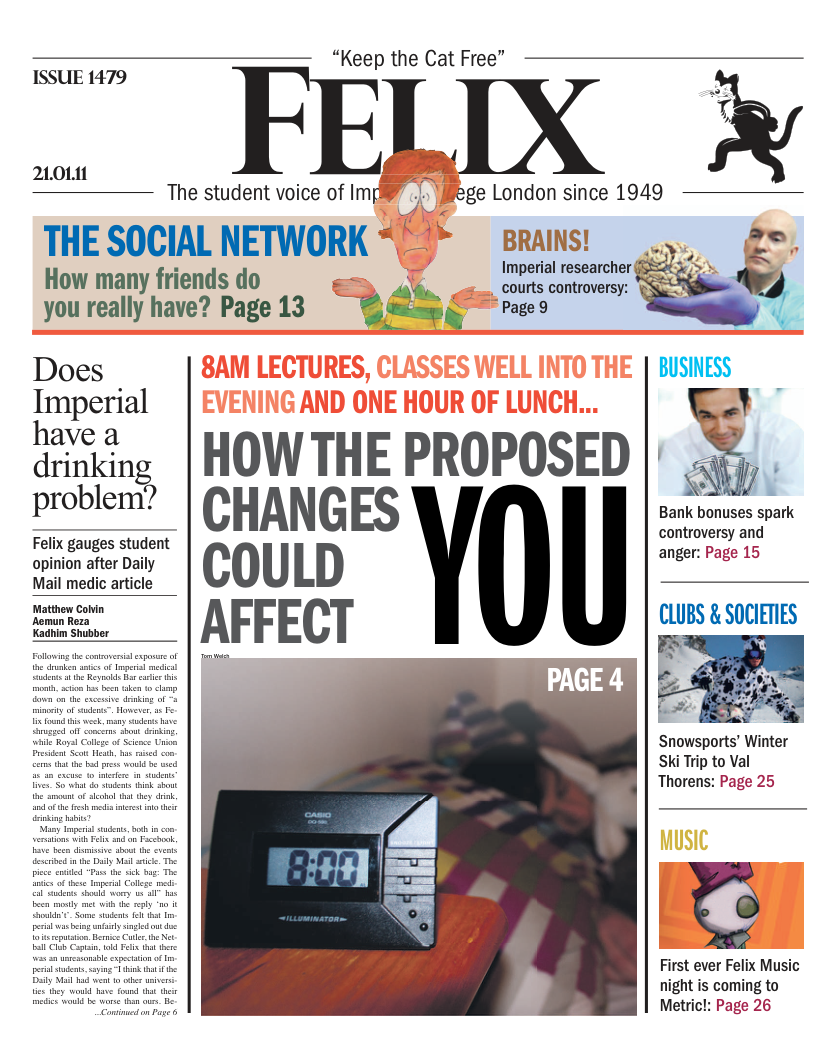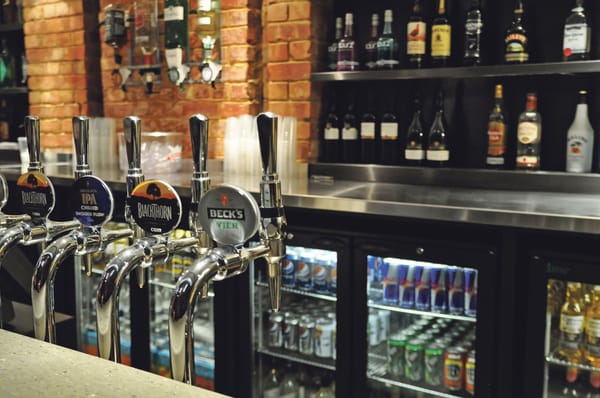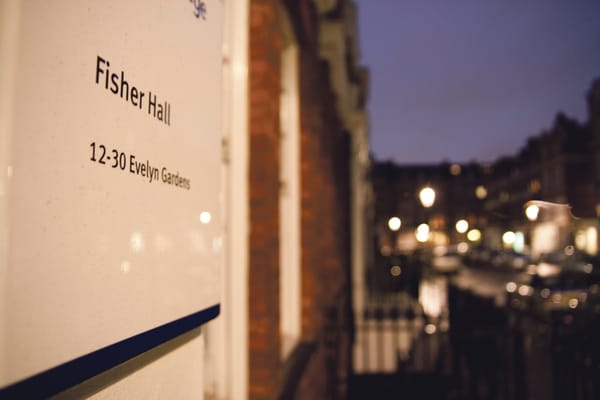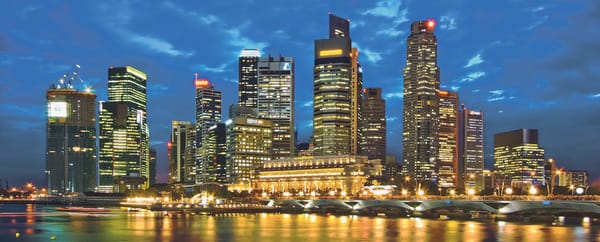Further student protests planned
New wave of student protests cause counter-terrorism police to contact Imperial
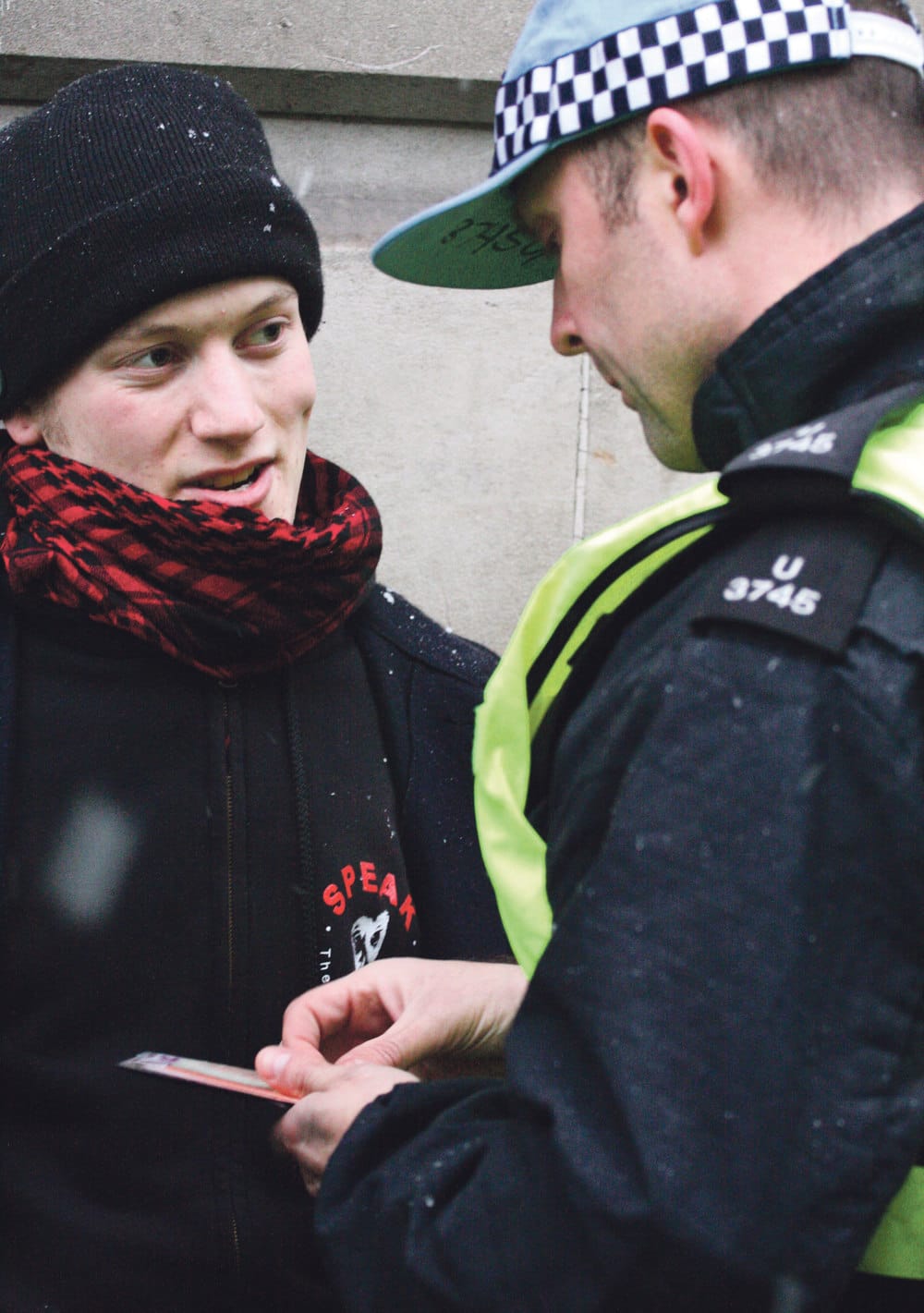
Last year students took to the streets in reaction to the Tories’ plans to hike up tuition fees to up to £9,000 a year. Protesters urged Nick Clegg and his Lib Dems to remember their pre-election pledges which promised to vote against a rise in tuition fees.
Peaceful protests were quickly overshadowed by mounting violence from rioters and police alike. Last week Edward Woollard, who threw a fire extinguisher from the roof of Millbank and was identified on video footage by his ridiculous hair, was sentenced to 32 months in jail. Judge Geoffrey Rivlin QC, who oversaw the case, stated that “the right of peaceful protest is a precious one. Those who abuse it and use the occasion to indulge in serious violence must expect a lengthy sentence of immediate custody” – a warning to participants in future protests. After the Millbank occupation NUS President Aaron Porter tweeted his disgust at “a minority of idiots trying to undermine 50,000 who came to make a peaceful protest.” On the other hand Clare Solomon, ULU president, denied the Millbank protest was extremist or unrepresentative of the movement as a whole.
Despite the vote having been decided in December, and the law passed, protests are planned to take place later this month and in February. Porter said he expected to see “continued student protests, sit-ins and petitions in the new year”. He said that students must accept the law has been passed and that now is the time to pressure university management directly to force a decision by their finance departments to only raise tuition fees to £6,000 rather than the maximum £9,000. Solomon urged students to “take the action up a notch” and cause “maximum disruption” to the higher education system in occupations and protests.
The Guardian reported this week that counter-terrorism police have contacted 20 London universities, including Imperial, for any intelligence about upcoming tuition fees protests. The news has been met with hostility. Though it’s hardly surprising that the police are trying to find out details of any plans early, many students feel vilified as potential terrorists for exercising their right of protest, a fact that Porter finds “worrying”. Solomon defended the upcoming protests, supporting “vigorous occupations” as “a long established tradition in the student movement”. At the time of writing, Imperial College London had not confirmed, or denied, that they had been contacted by counter-terrorism police.
In contrast to the student unions of other London universities, which have supported or organised protest events, Imperial’s Student Union has kept a distance from the protests. The Union released a statement last year confirming that it “broadly supports the proposals of the Browne Review” and perhaps this is the reason for the lack of action at Imperial. Alex Kendall, whilst wholeheartedly supporting the right of peaceful protest and freedom of speech, condemned the violence of the previous protests and some students’ behaviour as “hideous”.
Though some protests were planned by members of the student body they fizzled out before gaining any real momentum around campus. So even if Imperial staff did decide to turn informer and gossip to the police they’d probably not have much to chat about anyway.

